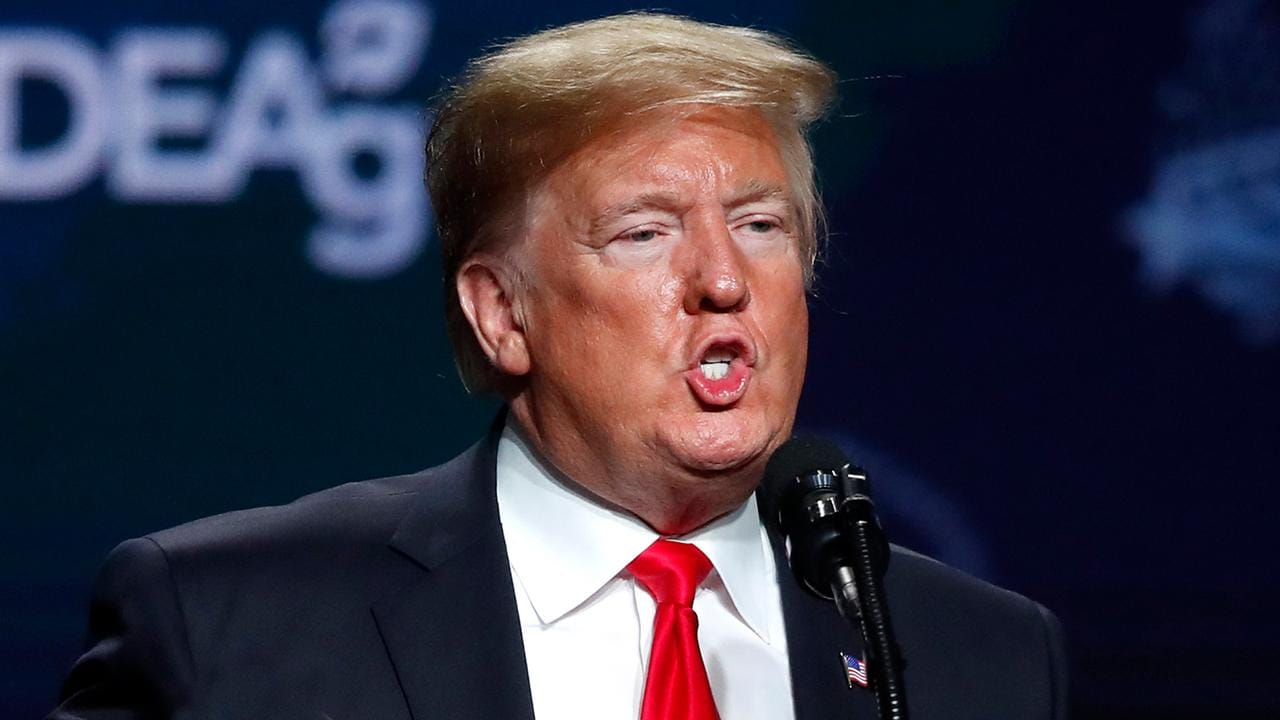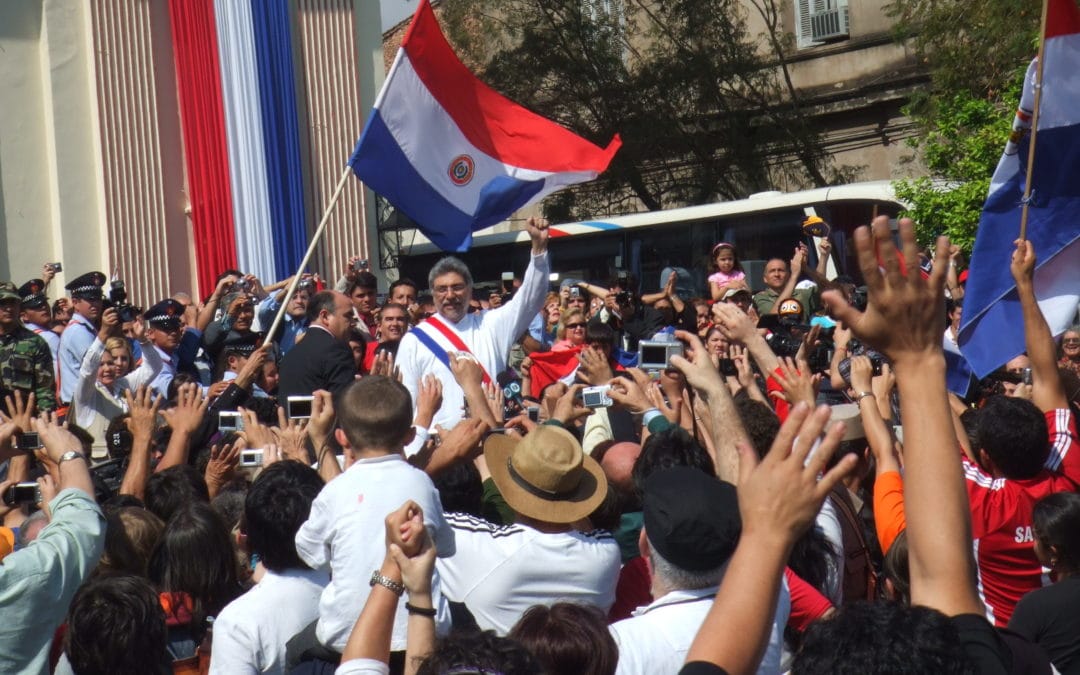In a notable legal confrontation, PBS (the Public Broadcasting Service) and the Minnesota public television station have filed a lawsuit against the Trump administration, alleging significant violations of their operational independence and the principles governing public broadcasting. The lawsuit, which was motivated by a series of actions taken by the Trump White House, raises critical questions about governmental influence on media outlets and the protection of journalistic integrity in the United States.
At the heart of the lawsuit is the contention that the Trump administration exerted undue pressure on public broadcasting networks, specifically targeting their ability to function without political interference. The institutions involved argue that such actions are incompatible with the mission of public media to provide unbiased, educational content to the American public. The lawsuit outlines instances where funding decisions might have been influenced by the political stance of these organizations, ultimately jeopardizing the kind of independent programming that is essential for a healthy democracy.
Public broadcasting in the U.S. has long been recognized as a vital component of the media landscape, offering a wide range of programming that serves the interests of all Americans. PBS, established in 1969, has dedicated itself to educational programming that includes children’s shows, news, cultural content, and science documentaries. Likewise, state-level public stations like Minnesota’s own television network have developed a reputation for providing locally relevant content while adhering to national broadcasting standards set forth by PBS.
Legal experts assert that this lawsuit highlights a growing trend of political encroachment upon public media entities across the country. The public broadcasters have argued that the Trump administration’s actions are part of a broader strategy aimed at delegitimizing news organizations perceived as critical of the government. The complaint emphasizes that this transgression not only infringes upon the autonomy of public broadcasting but also threatens the foundational principles of free speech and the right to access information without government oversight.
The legal filings reveal that the lawsuit has emerged in an environment where the integrity of the media is being increasingly scrutinized, raising alarm bells among proponents of a free press. The First Amendment protections afforded to the media are designed to prevent governmental bodies from unduly influencing press operations and editorial decisions. In their submission, PBS and the Minnesota station explicitly argue that the Trump administration’s actions contravene these protections, posing a clear and present danger to the independence of public broadcasters.
The lawsuit has been met with widespread interest, drawing commentary from media advocates, legal analysts, and members of the public concerned about the implications for media integrity and public discourse. Supporters of public broadcasting have rallied around the principles of independence and objectivity, arguing that this legal action is essential to preserving the role of public broadcasters as pillars of democracy.
Additionally, this litigation could potentially lead to significant changes in the operational framework of public broadcasting. Depending on the outcome, it may establish precedent regarding the extent to which government entities can influence or dictate terms to public media organizations that rely on federal funding.
In response to the lawsuit, representatives from the Trump administration have denounced the claims as baseless, asserting their commitment to supporting a diverse media landscape. However, public broadcasters have expressed concern that these assurances do not align with the practical experiences they have faced while operating in this politically charged environment.
Public media advocates argue that the relationship between the government and public broadcasting should remain a collaborative partnership aimed at enhancing the quality of media accessibility for all citizens. They maintain that any attempt to compromise the independence of public media underscores the necessity of protecting these institutions from governmental pressures.
As both parties prepare for what promises to be a complex and potentially protracted legal battle, the fundamental issues at stake resonate deeply within the broader context of American democracy. The case raises important discussions about how public media can navigate political landscapes while remaining true to their mission. The outcome could also serve as a litmus test for the future of public broadcasting in the U.S., determining how political interventions may be addressed in the courts.
Ultimately, this lawsuit highlights the essential role of public broadcasters in providing diverse perspectives and educational content in a rapidly evolving media environment. As the legal proceedings unfold, many will be watching closely to see how the judicial system adjudicates the tension between political influence and the autonomy of public broadcasting, a decision that could reshape the future of media freedom in America.



